#benjamin moser
Photo
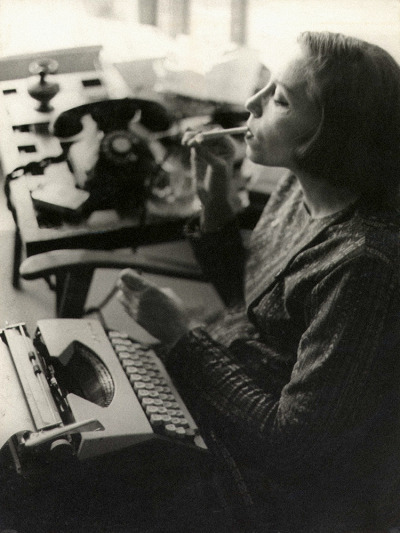
La escritora francesa Hélène Cixous declaró que Clarice Lispector era lo que Kafka habría sido de ser mujer, o «si Rilke hubiera sido un judío brasileño nacido en Ucrania. Si Rimbaud hubiera sido madre, si hubiera alcanzado los cincuenta. Si Heidegger hubiera podido dejar de ser alemán». Los intentos para describir a esta mujer indescriptible a menudo siguen esta línea, apoyándose en superlativos, aunque los que la conocían, bien en persona o por sus libros, también insisten en que el aspecto más llamativo de su personalidad, su aura de misterio, escapa a la descripción. Cuando murió, el poeta Drummond de Andrade escribió: «Clarice procedía de un misterio / y regresó a otro» . Su aire indescifrable fascinaba y desasosegaba a todo el que la conocía.
Después de su muerte, un amigo escribió que «Clarice era una extraña sobre la tierra, atravesando el mundo como si hubiera llegado a altas horas de la noche a una ciudad desconocida entre una huelga general de transporte» .
- Benjamin Moser, Por qué este mundo Una biografía de Clarice Lispector. Siruela. Traducción del inglés de Cristina Sánchez-Andrade
47 notes
·
View notes
Text
How could I explain that my greatest fear is precisely of: being? and yet there is no other way. How can I explain that my greatest fear is living whatever comes? how to explain that I can’t stand seeing, just because life isn’t what I thought but something else.
The Passion According to G.H. by Clarice Lispector, Benjamin Moser, and Idra Novey
187 notes
·
View notes
Text
‘‘(Fifa chose Qatar as host. That forced billions of people to choose between watching games played in Q. or missing the joy of a World Cup.)
Ben: I just am not sure what there is to enjoy in those circumstances. If you went to a shop and tried on a shirt and the saleswoman was like ‘this was made by a seven-year-old in Bangladesh who is kept in a cage,’ would you say ‘yeah but this colour looks good on me’?’’
- Simon Kuper
1 note
·
View note
Photo


A reminder of the historical situation subtending this discourse:
In her devotion to what Moser calls the idea of her own “exceptionality,” Sontag was faithful to modernism. The first artistic explosion against the Victorian bourgeoisie, the naturalism and neo-romanticism of the fin de siècle, was a male-oriented revolt against domestic woman and her literary corollary in the sentimental realist novel—against what George Moore pointedly called “literature at nurse.” But women could be said to have piloted the revolution’s second generation—Wilde and Conrad gave way to Woolf and Stein—and modernism’s female artists exemplify the genius resisting the tyrannical moralism of an overly regulated and schematized society. Sontag was heir to this tradition of the exceptional woman, was in this modern sense a feminist.
But feminism, as the legitimating ideology of momentous economic and social changes, went, in Sontag’s lifetime and still more in our own, a different way. This may be (now I am speculating and historicizing) among the reasons why Sontag never quite reliably affiliated with the movement, and distanced herself especially from the irrationalist variant associated with the likes of Adrienne Rich, whom Sontag all but directly called a fascist. As Sontag saw it, Rich’s supposed radicalism was just an updated variant of an old, bad form of emotional coercion that would not prove emancipatory to women, barred as they had already been by the grandees of the canon from their share in reason. (Moser, despite his otherwise thoroughgoing anti-radical liberalism, takes Rich’s side in their dispute on identity politics grounds and resorts to psychological and even verbal cliché to do so: “Sontag’s furious response suggested that Rich had touched a nerve.”)
After the anarcho-modernist interregnums, the artistic eruptions, of the 1920s and 1960s, after the ages of Woolf and Sontag, middle-class women were put back into their old Victorian role as guardians of virtue and rectitude, concepts updated (i.e., superficially de-Christianized) as “appropriate conduct” for the state/corporate neoliberal bureaucracy typified by the postmodern university. The angel in the house became the angel in HR. Women were not, as the feminism of Woolf’s time promised they would be, freed from the moral strictures and emotional limits of the domestic sphere with their entrance into culture and the professions; rather, culture and the professions became the new domestic sphere with female “emancipation.” Adrienne Rich’s “disloyalty to civilization,” because of its hierarchal coldness, was translated into universal over-socialization, a kind of communism on capitalism’s behalf, or capitalism with a human (i.e., female) face.
—Rev. of Benjamin Moser, Sontag: Her Life and Work
2 notes
·
View notes
Text
3145 In de tussentijd
We hebben nu al weer drie stille dagen achter de rug, nog een te gaan. Op oudejaarsdag zal het geknal wel weer losbarsten, ondanks alle verboden, wij houden niet van verboden, toch? Went de stilte al een beetje? Toch wat onwennig? Ik hoorde laatst iemand zeggen, je moet de leegte niet vullen, maar voelen. Dat vond ik wel een wijze uitspraak, typerend voor iemand die zijn of haar leegte goed op…

View On WordPress
#ate vegter#Benjamin Moser#column#dagboek#De Fundatie#De wereld op zijn kop#inheems#kerst#leegte#Monnickendam#museum#oud en nieuw#stilte#tuin#tussentijd#Zwolle
0 notes
Text
[Sontag. Una vita][Benjamin Moser]
Se il grande autore moderno, per Elias Canetti, è colui che riassume la sua epoca e con la sua epoca si scontra, Susan Sontag può essere senza dubbio annoverata fra i più brillanti autori del secolo scorso. Scrittrice, filosofa, critica, figura amata e controversa, per cinquant’anni ha stabilito i termini del dibattito culturale statunitense intrecciando la propria parabola intellettuale a eventi…

View On WordPress
#2023#Annie Leibovitz#Benjamin Moser#biografia#LGBT#LGBTQ#Lucilla Rodinò#memoir#nonfiction#Rizzoli#Rosa Prencipe#Sontag. Una vita#Sontag: Her Life and Work#Susan Sontag#USA
0 notes
Text
In painting as in music and literature, what is called abstract so often seems to me the figurative of a more delicate and difficult reality, less visible to the naked eye.
Clairce Lispector, quoted in Benjamin Moser’s foreword to The Complete Stories
736 notes
·
View notes
Text






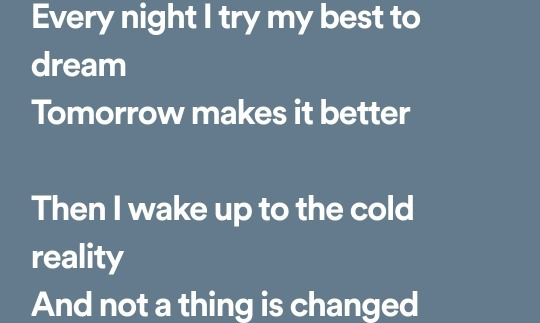
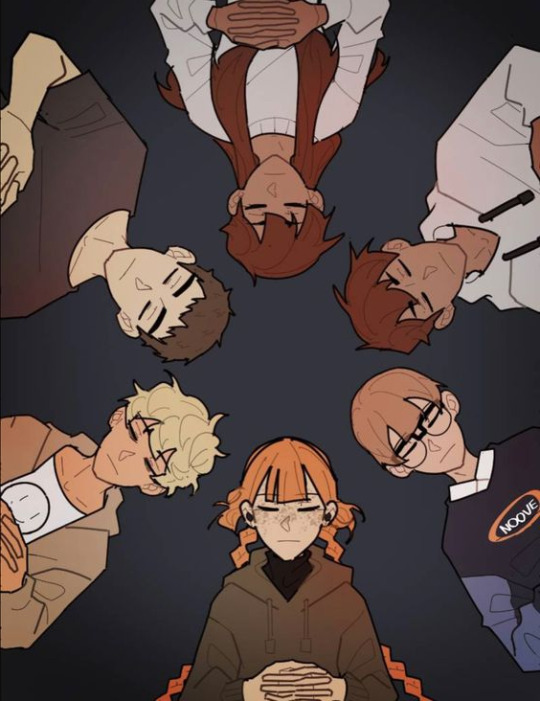





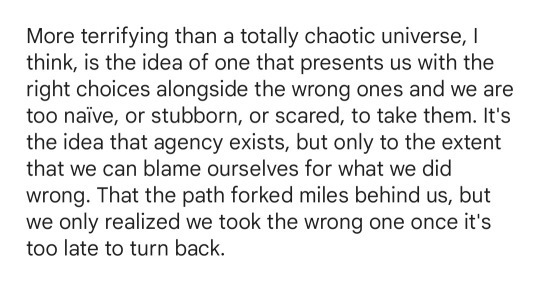
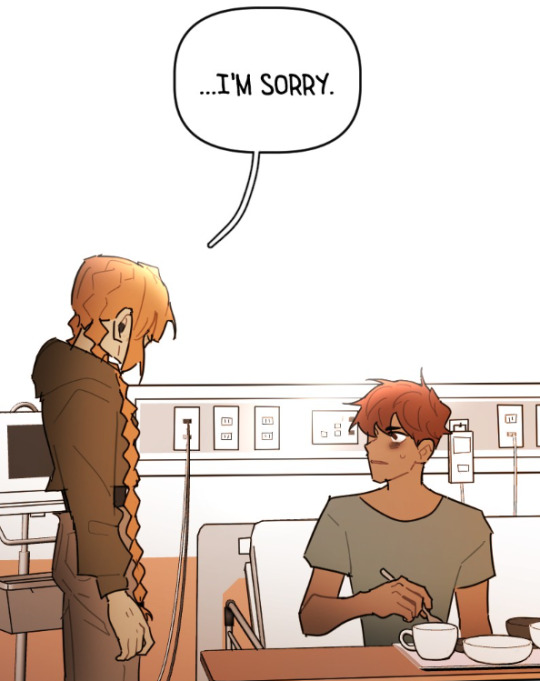






Ashlyn Banner on 'control, distance, duty, and connection.'
(or: the inescapable pull of duty.)
Benjamin Moser, why this world / Red, School Bus Graveyard / Franz Kafka, the metamorphosis / Amparo Dávila, the cell / Paramore, Last Hope / Anaïs Ain, The Diary of Anaïs Ain (1931–1934) / Rebecca Wells, The Divine Secrets Of The Ya-ya Sisterhood / Olga Orozco, Engravings: Torn from Insomnia: To Destroy the Enemy / Jacob Geller, three specific kinds of terror / Blaseball: The Musical, Save Anyone Else / Hayley Williams, Crystal Clear / Paramore, Last Hope
part iii/vii
#web weaving#school bus graveyard#school bus graveyard (webtoon)#sbg#ashlyn banner#ashlyn sbg#sbg web weaving#my best girl is trying but damn she is so tired.
83 notes
·
View notes
Text
She looked around at the perfect morning, breathing deeply and feeling, almost with pride, her heart beating steadily and full of life. A warm ray of sunshine enveloped her.
Clarice Lispector, ed. by Benjamin Moser and tr. by Katrina Dodson, the complete stories
191 notes
·
View notes
Text



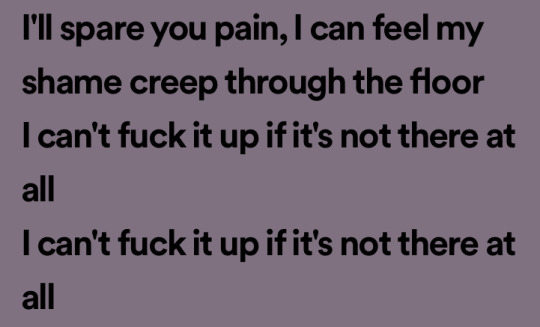






Oh, you can smirk and joke and lie to your brother, lie to yourself, but not to me! I can see inside you, Dean. I can see how broken you are, how defeated. You can't win, and you know it. But you just keep fighting. Just... keep going through the motions. You're not hungry, Dean, because inside, you're already...dead.
spn 1x01, pilot // why this world, benjamin moser // where to begin?, sue zhao // reaper, clairo // spn 1x11, scarecrow // the metamorphosis, franz kafka // cut, catherine lacy // spn 15x09, the trap // the gods show up, michael kinnucan // calling a wolf a wolf, kaveh akbar
#dean winchester#sam winchester#repression#poor baby needs to feel his feelings..#spn#supernatural#web weaving#collage#poetry#spn 1x01#spn pilot#spn 1x11#spn scarecrow#spn 15x09#spn the trap
28 notes
·
View notes
Text
ON MEMOIR
“The act of making something from what is already there always involves a simultaneous creation and destruction.... Even what seems like the purest, most self-contained type of creativity -- turning the events, images, and ideas of one's life into a written story --is a destroyer.”
Lisa Knopp, The Nature of Home: A Lexicon and Essays
“Truth for anyone is a very complex thing. For a writer, what you leave out says as much as those things you include. What lies beyond the margin of the text? The photographer frames the shot; writers frame their world.”
Jeanette Winterson, Why Be Happy When You Could Be Normal?
“I have never liked the memoir form because I tend to think that memory fictionalizes anyway. Once you claim that you are writing a narrative purely from memory, you are already in the realm of fiction.”
Francisco Goldman
“I tell aspiring memoirists, if you're the kind of person who can't apologize, who digs in, trusts only the first impulse, then this won't be your form. The convenient sound bites into which I store my sense of self are rarely accurate -- whose are? They have to be unpacked and pecked at warily, with unalloyed suspicion. You must testify and recant, type and delete.”
Mary Karr, New York Times Op-Ed page (01/15/2006)

Lidia Yuknavitch, The Chronology Of Water: A Memoir
“The French word from which the English “memoir” derives reflects this transformation. Mémoire, meaning “memory,” is feminine; mémoire, meaning “memoir,” is masculine. It is a change of gender, in French called genre. Truth belongs to one genre; recalled truth to another. But that does not make truth recalled a lie: It makes it a fiction in the Latin sense — of a thing fashioned — that Hadrian would have recognized. A memoir is a shape given to the chaos of a life.
Every event, and certainly every event worth writing about, will always remain tattooed on our neurons. So it is never too early to start giving those events, which are our lives, a form. It is a homage we pay ourselves. More solid than a memory, a memoir will outlast it, because until a memory is put into words, it remains mist, never shore.”
Benjamin Moser
“I don't know where the idea originated that memoir writing is cathartic. For me, it's always felt like playing my own neurosurgeon, sans anesthesia.”
Koren Zailckas
“Autobiographical storytelling can take personal experience back from silence, shame, fear, or oblivion. It says, ‘I cherish this,’ or, ‘This haunts me.’ It asserts the significance of events in one’s life: ‘This happened to me.’ ‘I did this.’ ‘This is part of who I am.’ ‘This should not or will not disappear, and I act to preserve it by turning it to words and shaping them as story.’”
Gregory Orr, Poetry as Survival
#i have been collecting these like precious stones#on storytelling#the odyssey of recollection#compilation
289 notes
·
View notes
Text


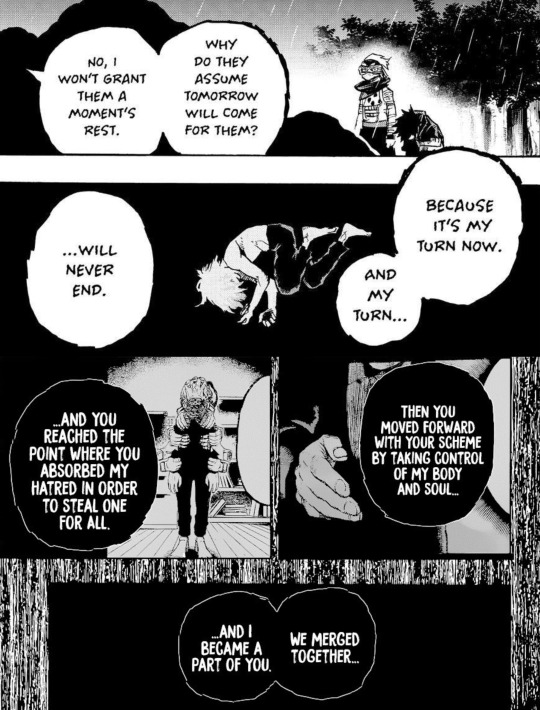
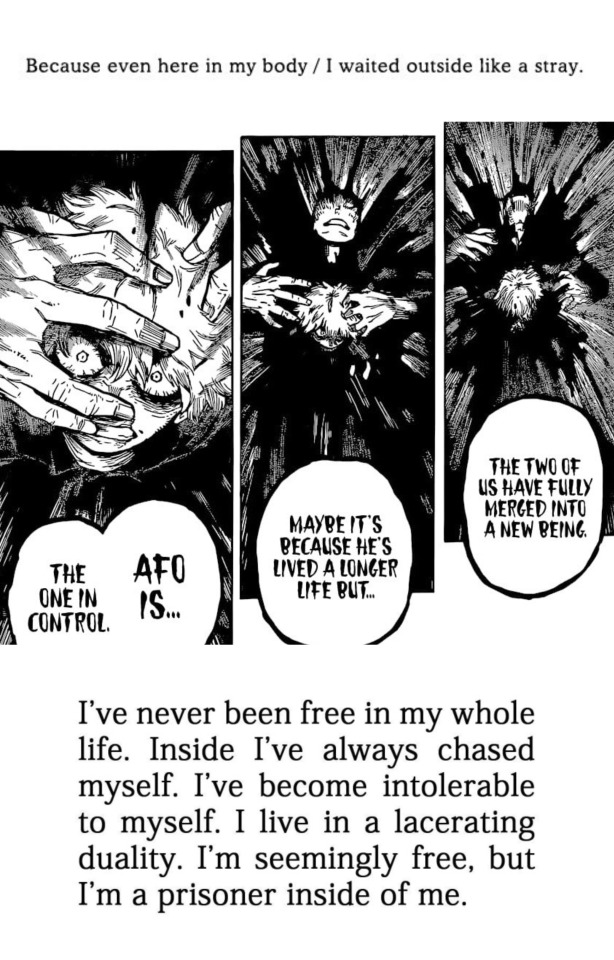







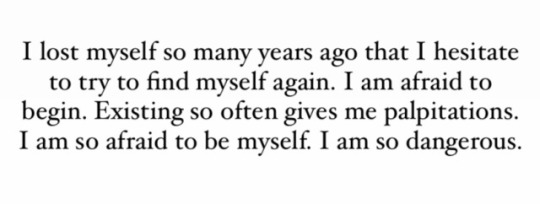

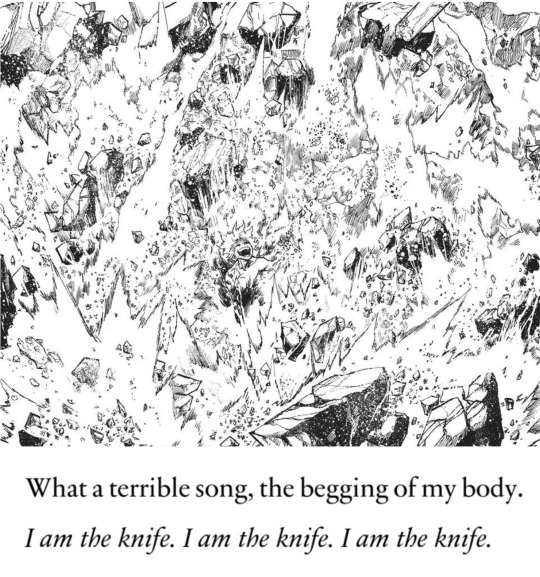


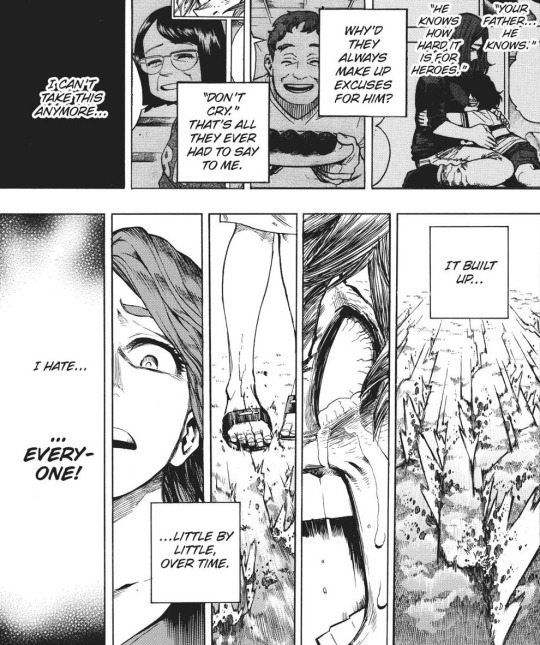









“SHIGARAKI TOMURA” - And What Is Grief, If Not Love That Has Survived And What Am I, If Not a Museum.
Fernando Pessoa, from The Book of Disquiet / Alex Dimitrov, from Together And By Ourselves; “Perfect Day” / Clarice Lispector, “A Breath of Life” / Margaret Atwood, from Selected Poems: 1965-1975 / Catherynne Valente, from The Orphan’s Tales: In The Night Garden / Vladimir Mayakovsky, “A Cloud in Trousers” / Benjamin Moser, from Why This World: A Biography of Clarice Linspector; “The Missing Name” / Sanna Wani, “Emergence: Two Poems” / Emily Dickinson, “A Not Admitting Of The Wound (1188)” / Jeanette Winterson, “Why Be Happy When You Can Be Normal?” / Fortesa Latifi, “The Truth About Grief” / Roxane Gay, from Hunger: A Memoir of (My) Body.
#web weave#web weaving#bnha web weaving#compilation#bnha#mha#boku no hero academia#shigaraki tomura#bnha spoilers#i’ve done this so long ago and this has been sitting here so#ENJOY
27 notes
·
View notes
Text
Clarice Lispector, from "The Apple in the Dark," translated by Benjamin Moser.
"The night was made for sleeping. So that a person never witnesses what happens in the darkness. Since with her eyes blinded by the shadows, seated and still, that lady seemed more to be peeping at the way the body works on the inside: she herself was the dark stomach with its nauseas, the lungs in tranquil bellows, the heat of the tongue, the heart that out of cruelty never had the shape of a heart, the intestines in an extremely delicate labyrinth - those things that while you sleep never stop, and that at night augment, and now were she. Sitting with her body, suddenly so much body. At midnight Cinderella would be the rags that she really was, the carriage would be transformed into a big pumpkin and the horses were rats - that's how it was invented and they didn't lie. At midnight you entered the realm of God. Which was a realm so dense that a person, unable to traverse it, would get lost in the means of God, without understanding his clear ends. For there was that lady confronted with her body that was a means, and where suddenly she'd got entangled without being able to leave. And God's means were such a weighty power of enveloping darkness - that the animals were emerging one by one from their lairs, protected by the gentle animal possibility of the night."
24 notes
·
View notes
Text
Or had he ever really been intelligent? the happy doubt made him blink his eyes with great vivacity - since if he managed to prove to himself that he'd never been intelligent, then he would reveal as well that his own past had been something else, and would reveal that some thing in the depth of himself had always been whole and solid.
"The truth is," he then thought trying out with care this defensive strategem, "the truth is I just imitated intelligence the way I could swim like a fish without being one!" The man stirred contented: imitated? but yes! Because, by imitating what it would mean to come in first in the statistics exam, he'd come in first in the statistics exam! The truth is, he then concluded very interested, he'd just imitated intelligence, with that essential lack of respect that makes a person imitate. And along with him, millions of men who were copying with great effort the idea that they had of a man, alongside the thousands of women who were copying attentively the idea they had of a woman and thousands of people of good will were copying with superhuman effort their own faces and the idea of existing; not to mention the anguished concentration with which they were imitating acts of good or evil - with a daily care not to slide into some act that was true, and yet incomparable, and yet inimitable, and yet disconcerting. And meanwhile, there was some old and poor thing in some unidentifiable place in the house, and people sleep worriedly, discomfort is the only warning that we're copying, and we listen to ourselves attentively beneath the sheets. But we are so distanced by imitation that whatever we hear comes to us so without sound as if it were a vision that were so invisible as if it were in the darkness that was so compact that hands are no use. Because even comprehension, the person was imitating. The comprehension that had never been made of anything but someone else's language and of words.
from The Apple in the Dark by Clarice Lispector (trans. Benjamin Moser).
6 notes
·
View notes
Text

Hello everyone! This month I'm bringing back the "A Trip To..." series. Last time we went on a trip to Ireland, and this time we're going to Brazil! This is a list full of novels that take place in Brazil, and are written by Brazilian writers. Thank you so much to someone who suggested this to me in our last survey.
As always, don't forget to vote for our next book using the link at the bottom of the post. Onto the books!
Blood-Drenched Beard, by Daniel Galera and translated by Alison Entrekin

—So why did they kill him?
—I’m getting there. Patience, tchê. I wanted to give you the context. Because it’s a good story, isn’t it?
A young man’s father, close to death, reveals to his son the true story of his grandfather’s death, or at least the truth as he knows it. The mean old gaucho was murdered by some fellow villagers in Garopaba, a sleepy town on the Atlantic now famous for its surfing and fishing. It was almost an execution, vigilante style. Or so the story goes.
It is almost as if his father has given the young man a deathbed challenge. He has no strong ties to home, he is ready for a change, and he loves the seaside and is a great ocean swimmer, so he strikes out for Garopaba, without even being quite sure why. He finds an apartment by the water and builds a simple new life, taking his father’s old dog as a companion. He swims in the sea every day, makes a few friends, enters into a relationship, begins to make inquiries.
But information doesn’t come easily. A rare neurological condition means that he doesn’t recognize the faces of people he’s met, leading frequently to awkwardness and occasionally to hostility. And the people who know about his grandfather seem fearful, even haunted. Life becomes complicated in Garopaba until it becomes downright dangerous.
Spilt Milk, by Chico Buarque and translated by Alison Entrekin
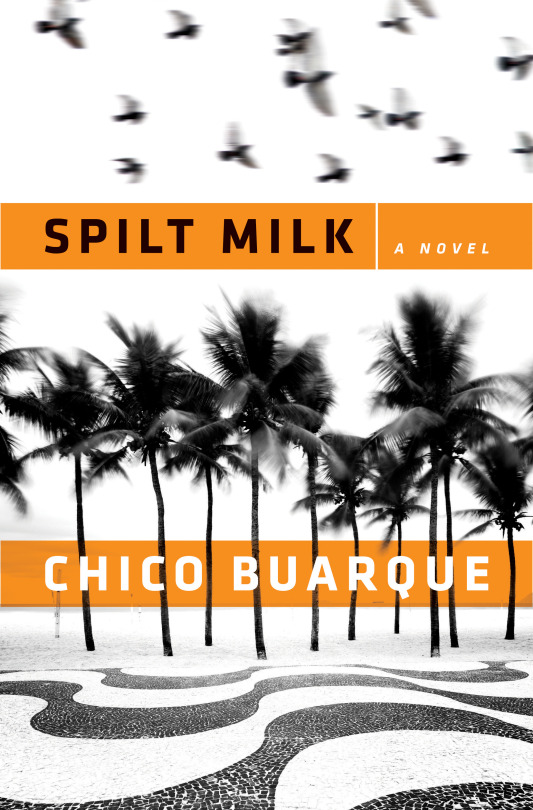
As Eulalio Assumpcao lies dying in a Brazilian public hospital, his daughter and the attending nurses are treated--whether they like it or not--to his last, rambling monologue. Ribald, hectoring, and occasionally delusional, Eulalio reflects on his past, present, and future--on his privileged, plantation-owning family; his father's philandering with beautiful French whores; his own half-hearted career as a weapons dealer; the eventual decline of the family fortune; and his passionate courtship of the wife who would later abandon him. As Eulalio wanders the sinuous twists and turns of his own fragmented memories, Buarque conjures up a brilliantly evocative portrait of a man's life and love, set in the broad sweep of vivid Brazilian history.
The Hour of the Star, by Clarice Lispector translated by Benjamin Moser
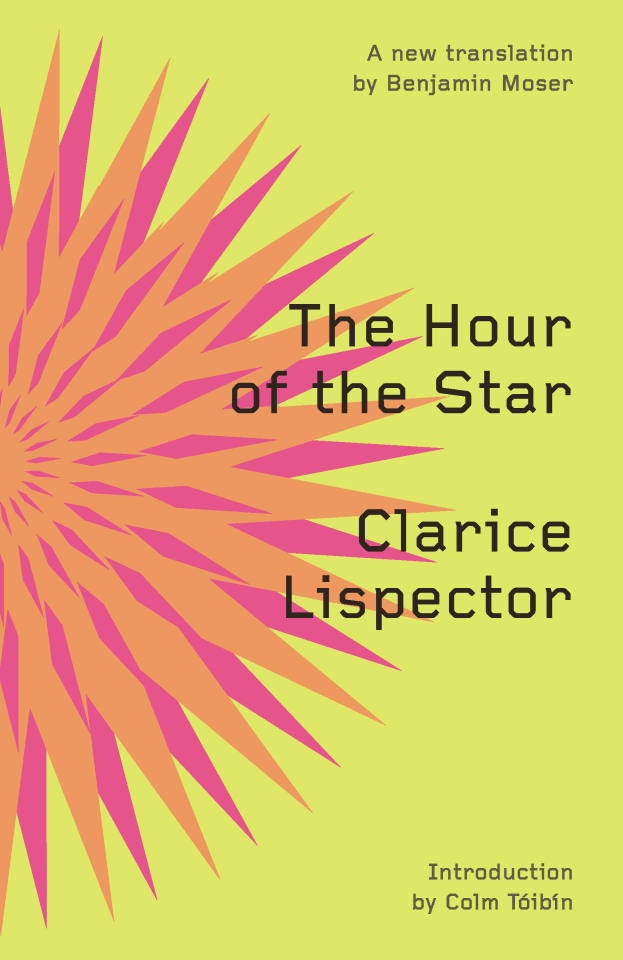
Narrated by the cosmopolitan Rodrigo S.M., this brief, strange, and haunting tale is the story of Macabéa, one of life's unfortunates. Living in the slums of Rio and eking out a poor living as a typist, Macabéa loves movies, Coca-Colas, and her rat of a boyfriend; she would like to be like Marilyn Monroe, but she is ugly, underfed, sickly and unloved. Rodrigo recoils from her wretchedness, and yet he cannot avoid the realization that for all her outward misery, Macabéa is inwardly free/She doesn't seem to know how unhappy she should be. Lispector employs her pathetic heroine against her urbane, empty narrator—edge of despair to edge of despair—and, working them like a pair of scissors, she cuts away the reader's preconceived notions about poverty, identity, love and the art of fiction.
Captains of the Sand, by Jorge Amado translated by Gregory Rabassa

They call themselves “Captains of the Sands,” a gang of orphans and runaways who live by their wits and daring in the torrid slums and sleazy back alleys of Bahia. Led by fifteen-year-old “Bullet,” the band—including a crafty liar named “Legless,” the intellectual “Professor,” and the sexually precocious “Cat”—pulls off heists and escapades against the right and privileged of Brazil. But when a public outcry demands the capture of the “little criminals,” the fate of these children becomes a poignant, intensely moving drama of love and freedom in a shackled land.
The Posthumous Memoirs of Brás Cubas, by Machado De Assis and translated by Flora Thompson-DeVeaux
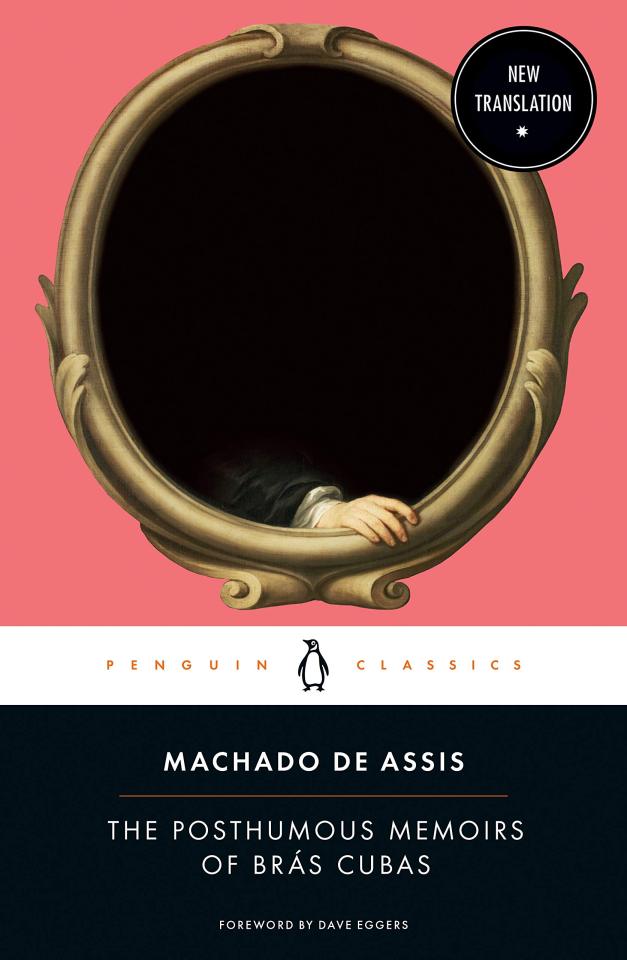
The ghost of a decadent and disagreeable aristocrat decides to write his memoir. He dedicates it to the worms gnawing at his corpse and tells of his failed romances and halfhearted political ambitions, serves up harebrained philosophies, and complains with gusto from the depths of his grave. Wildly imaginative, wickedly witty, and ahead of its time, the novel has been compared to the work of everyone from Cervantes to Sterne to Joyce to Nabokov to Borges to Calvino, and has influenced generations of writers around the world.
Please vote for our next book here.
#book list#Brazil#Brazilian literature#blood-drenched beard#daniel galera#spilt milk#chico baurque#the house of little stars#clarice lispector#captains of the sand#jorge amado#the posthumous memoirs of bras cubas#machado de assis
36 notes
·
View notes
Text
what i've been reading (may 2023)
articles
An Alluring History of Photographic Blur by Brian Dillon
What We Owe Our Trees by Jill Lepore
The Sound of Grief by Matthew Schnipper
Ada Limón “To Be Made Whole” by On Being by Krista Tippett
If Black English Isn't a Language, Then Tell Me, What Is? by James Baldwin
The “Dazed and Confused” Generation by Bruce Handy
Working Girl by Sophia Giovannitti
Are You the Same Person You Used to Be? by Joshua Rothman
A Lost Interview with Clarice Lispector by Benjamin Moser
INTERVIEW WITH ANNIE ERNAUX by LAUREN ELKIN
11 notes
·
View notes